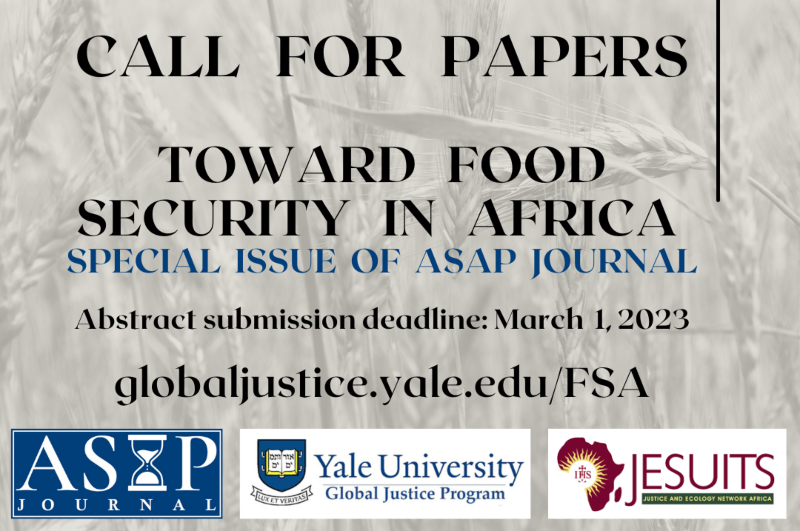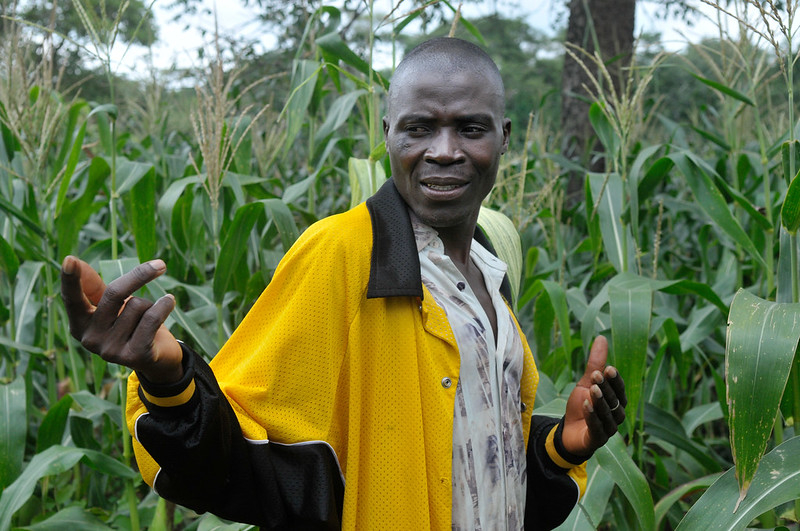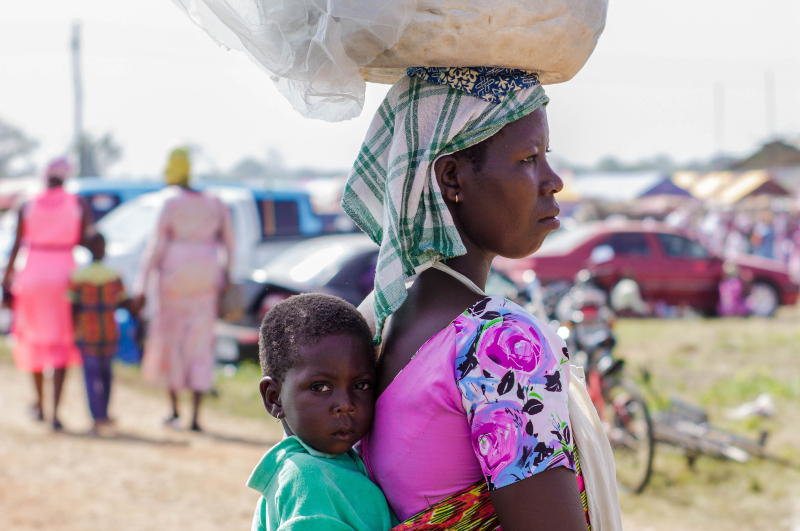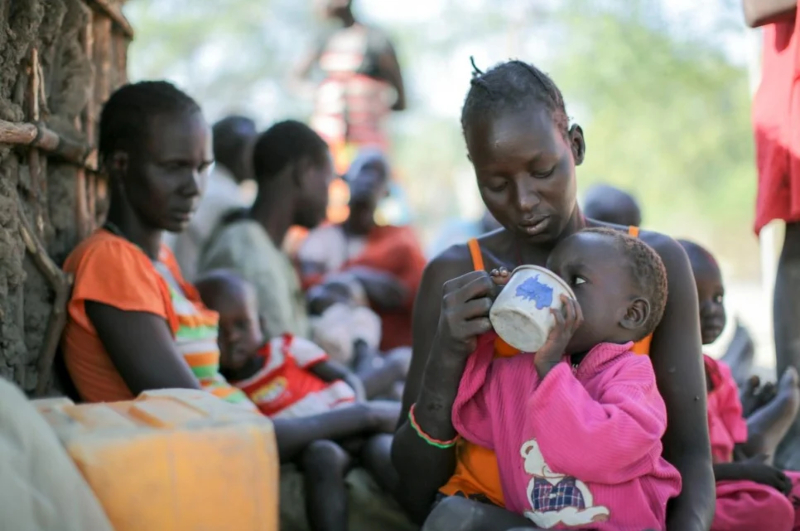



Russia-Ukraine War a Thorn to Global Food Systems: Implications on Sub-Saharan African Countries
The Jesuit Justice and Ecology Network Africa (JENA) organized a webinar dubbed Russia-Ukraine War a Thorn to Global Food Systems: Implications on Sub-Saharan African Countries. The webinar was held on July 26, 2022, from 3:00 to 4:30 pm East African Time.
The ongoing Ukraine war presents a direct threat to Africa’s mainstay, its agricultural sector. It exposes a soft underbelly in Africa’s food system- overreliance on external inputs and low production despite enjoying diverse ecological zones for a variety of crops. The disruptions in the supply of essential agricultural inputs and foodstuffs are a wake-up call for the region to redesign a resilient food system driven by locally sourced inputs and local solutions.
The webinar offered an excellent opportunity for academics, policy experts, agencies, stakeholders in food security, and the general public to engage and provide insights on the best direction for Africa and possible pathways for extricating Africa from this precarious situation. A total of 63 persons participated.
This Webinar was chaired by Kevin Okoth Ouko, Research, and Policy Analyst for Rethinking African Development-JENA, Kenya, and moderated by Dennis Kyalo, Research, and Policy Analyst and East Africa, Programme Associate at Aspen Network of Development Entrepreneurs (ANDE).
The Russia-Ukraine war is a threat to the global food system. Coming just when the world is about to recover from a global pandemic that has upended the normal way of life, the protracted Ukraine war has disrupted the global food supply chain. Net food importing countries mostly in Sub-Saharan Africa and Africa as a whole have been the worst hit; further escalation of the war is likely to plunge the region into a worse food crisis. The conflict has a direct negative impact on food systems; affecting people’s ability to produce, trade, and access food.
Russia and Ukraine are critical to Africa’s food system from being the source of essential inputs such as fertilizers and fuel for domestic production to the supply of foodstuff such as wheat. Both Russia and Ukraine account for 14% of global wheat production and provide nearly 30% of global wheat export. Of the 30% of wheat exported to the world’s wheat market, Africa is the major destination. To Russia and Ukraine, wheat is a huge remitter from international trade, accounting for half of Africa’s $ 4.5 billion trade with Ukraine and 90% of Africa’s $ 4 billion with Russia. Russia also accounts for 23%, and 12.5 global exports of sunflower oil and fertilizer, respectively.
The ensuing food price volatility and price hikes on cereals that are core in the dietary patterns in the region call for immediate attention. With no action undertaken, the region’s capacity to realize Sustainable Development Goal (SDG) number 2 of eradicating hunger is set to be dimmed. Thus, Africa needs to rethink and reimagine its food systems to feed its people while cushioning the region from external shocks.
Featured Speakers:
1. Dusi Blaise ,Program Manager, Westerwelle Startup Haus Kigali (Rwanda)
2. Prof Daimon Kambewa, Social Scientist, Lilongwe University of Agriculture and Natural Resources (Malawi)
3. Njavwa Thresa Bwalya, Programmes Officer at Zambia Alliance of Women (Zambia)
4. Dr. Frank Tchuwa, Lecturer, Lilongwe University of Agriculture and Natural Resources (Malawi)
5. Mark Kebo Akparibo, Founder and Executive Secretary of Tele-Bere Green AgroFarms (Ghana).
The webinar focused on the following objectives:
i. To discuss the implication of the Russia-Ukraine war on Africa’s food system
ii. To share lessons from recovery from past food crises
iii. To share case studies, advocacy opportunities, and practical approaches to coping with the crisis.
Key learning and action points:
• Gender inequality and injustice have been exacerbated by the war. A panelist remarked on how the war has shown a vulnerability of conflicts among women, children, and youth. Women’s burden on providing food for their families has tremendously increased despite a low trend in women’s formal and informal engagement in productive activities such as agriculture.
• Poverty and hunger situations in female-headed homes expose women and children to rights disenfranchisement.
• Food and nutritional security in the region is a disaster yet to erupt. Child malnutrition and maternal mortality will derail developmental outcomes in the region.
• The skyrocketed cost of fertilizer is discouraging youths and vulnerable groups from engaging in Agriculture. Equally a disruption in the fertilizer supply chain is affecting crop production in most farming systems.
• Land rights ownership is a deterrent to engaging in farming among youths. The present property rights regime in most countries in the region tends to exclude youths and women from property ownership thus discouraging their total participation.
• Smallholder farmers in the region cannot sustain production with the rise in the cost of inputs. For example, a government fertilizer subsidy programme in Ghana is facing hurdles in accessing fertilizer to give farmers.
• Production of cereals majorly maize is expected to reduce due to failure to access fertilizer in Ghana and other major maize-planting regions in Southern and Eastern Africa.
• Considering other organic inputs as an alternative to disruption in key farm inputs.
• Food price volatility and variability will affect the socioeconomic status of people in the region which may spark social unrest attributed to a reduction in their purchasing power.
• Failure to own right to arable land is pushing youths to produce on marginal lands leading to environmental footprints that equally heighten climate change.
Some of the recommendations:
Based on the prevailing situations and past crises such as the 2007-08 global food crisis; key lessons learned can inform the actions needed to alleviate this situation. The panelist concurred that:
• Tackling climate change. With Africa being more vulnerable to climate variability, adaptation and mitigation measures should be carefully planned and addressed to build an adaptive capacity of the people.
• Addressing land rights and women's access to resources to ensure they take an active role in decision-making and resource allocation.
• Promoting research and development as a pathway for promoting agricultural innovation. Beyond the current donor-led efforts, governments, research institutions, and institutions should put resources into research.
• Borrow a leaf from past projects that have prospered in Africa. Develop locally-inspired and home-grown solutions.
• Organic farming and agro-ecology are solutions to Africa’s food systems.
• Natural resource governance for the prosperity of the present and future generations.
Critical questions raised during the plenary discussion:
Question: What are practical solutions that can be done locally and internationally to cushion youth and women from the crisis?
Response: Being proactive at the national level by integrating food systems with sustainable practices such as agri-ecology. Develop more inward-looking policies instead of imported ideas to support our indigenous agricultural practices.
Question: What lessons for policy response do we draw from past crises such as the 2007-08 global food crisis
Response: The war is compounding challenges currently affecting our agriculture and food system. The solution to our problem lies with us. Africa needs more than a business-as-usual approach. Africa’s agriculture and food system should be internally driven.
Question: What opportunities exist to integrate Africa’s food system into the global food systems?
Response: Some dominant narratives have not achieved much, for instance, the promise of relying on fertilizers and main cereals such as wheat, rice, and maize to attain food security has not achieved much. Food and crop diversification should be prioritized. Reconfigure the orientation of Africa’s agriculture to support food domestically apart from supplying for external markets. Capitalize on upcoming institutions such as Africa Continental Free Trade Area to create an environment for regional trade.
Question: Does the ongoing war in Ukraine affect the food security landscape in Africa?
Response: It will affect the low-earning wage workers and the purchasing power of the people. The mitigation measures at the national level such as setting prices and exchange rates by the government to shelve the interests of profiteers. The focus is to build in-house solutions through research and development to rely less on external solutions.
Question: Why does Africa fail to create an agricultural cultivation system?
Response: We need to change the mindset that Africa cannot form its systems. We should desist from referring to our systems such as local and indigenous systems. Our different ecological zones can support variety if we fully own them.
Question: How to ensure access to capital?
Response: Promote land rights targeting youths and women. Youths and women can craft bankable ideas that can attract investment. Lastly, forming partnerships can leverage capital and human capital to upscale our production.
Main Conclusions:
• Agriculture is critical for Africa’s growth and prosperity. We should harness the massive resources in the sector but plan the sector to make it resilient in the present crises. We can think around locally-initiated technologies.
• Attract the best minds in agriculture by prioritizing innovations in agriculture come help overcome the food crisis.
• Build the adaptive capacity of communities to withstand the shocks.
• Establish institutions that address emergent crises.
• Africa can support itself by initiating internally-driven initiatives.
• Africa should move from a recipient to a global leader considering our massive resources such as its youthful population and resource base.
• Small businesses and medium enterprises can create a link to the market to create more opportunities
Acknowledgment: We would like to thank our partners Jesuit Centre for Ecology and Development (JCED)-Malawi, Kasisi Agricultural Training College (KATC)-Zambia, Caritas Africa, Hekima University-Kenya and Fr. Charles B. Chilufya, S.J (Director, JENA) for their contributions towards the success of this webinar.
This synthesis report has been prepared by Kevin Okoth Ouko, JENA (email: jeopolicyanalyst@jesuits.africa)
Banner Photo: ©UNHCR/Rocco Nuri
Related Articles
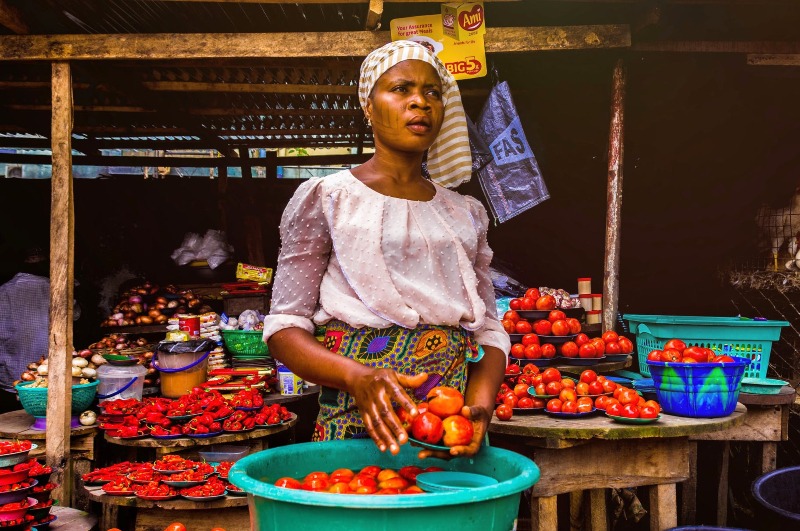
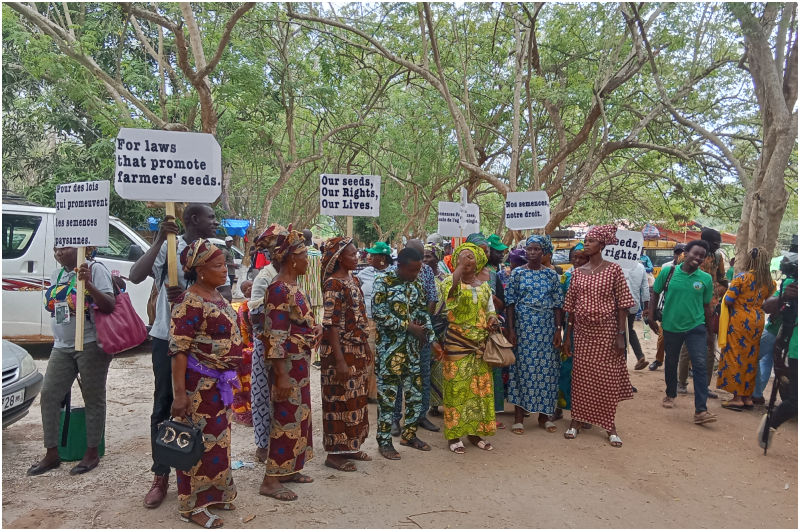
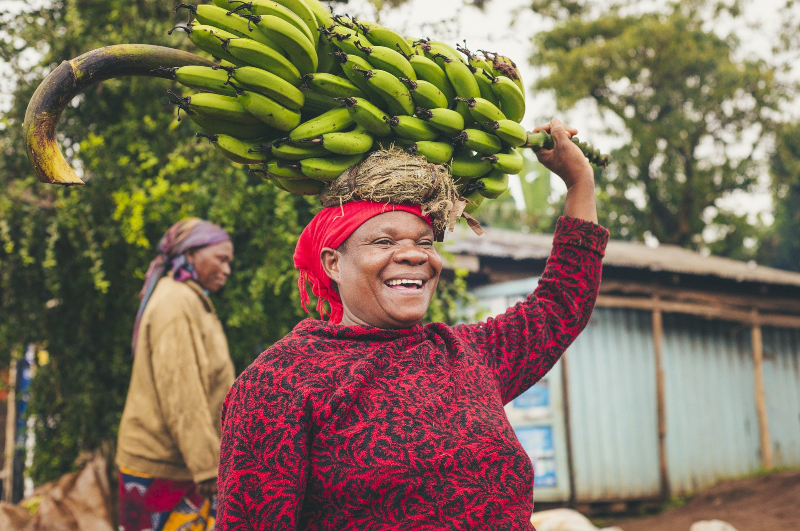
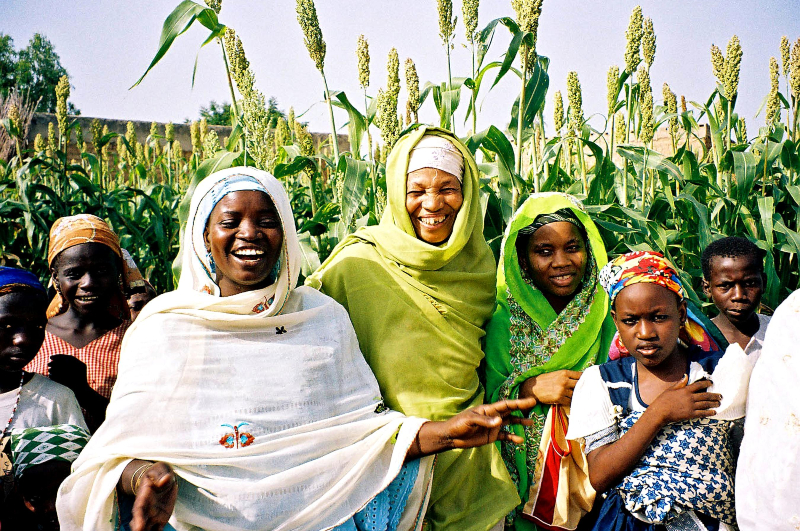
Select Payment Method
Pay by bank transfer
If you wish to make a donation by direct bank transfer please contact Fr Paul Hamill SJ treasurer@jesuits.africa. Fr Paul will get in touch with you about the best method of transfer for you and share account details with you. Donations can be one-off gifts or of any frequency; for example, you might wish to become a regular monthly donor of small amounts; that sort of reliable income can allow for very welcome forward planning in the development of the Society’s works in Africa and Madagascar.
Often it is easier to send a donation to an office within your own country and Fr Paul can advise on how that might be done. In some countries this kind of giving can also be recognised for tax relief and the necessary receipts will be issued.


